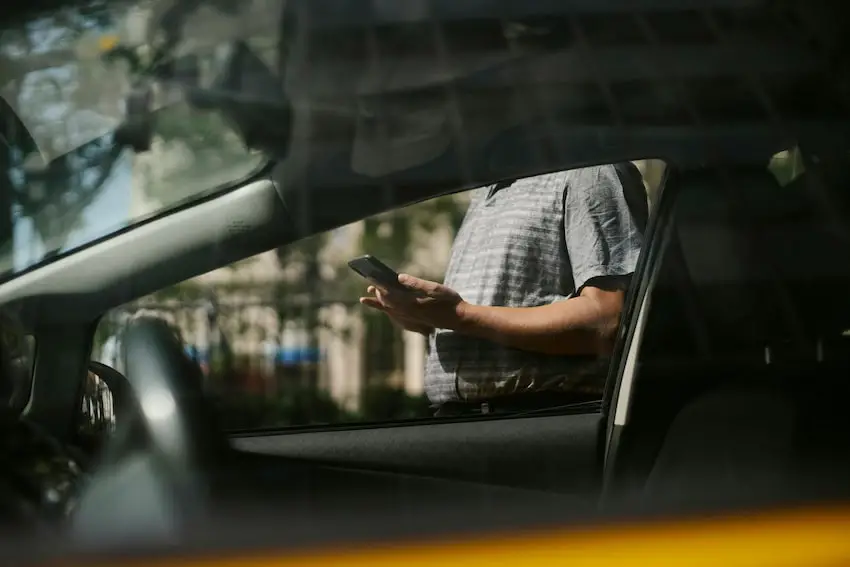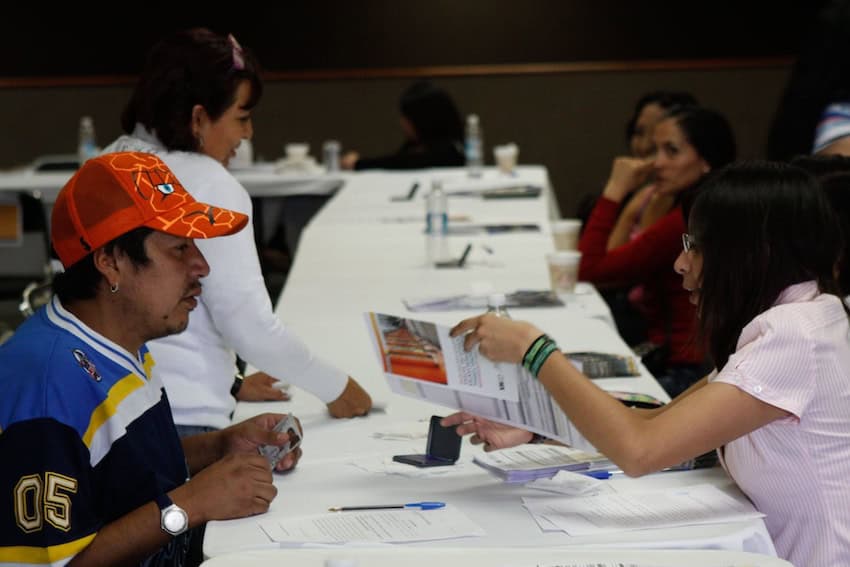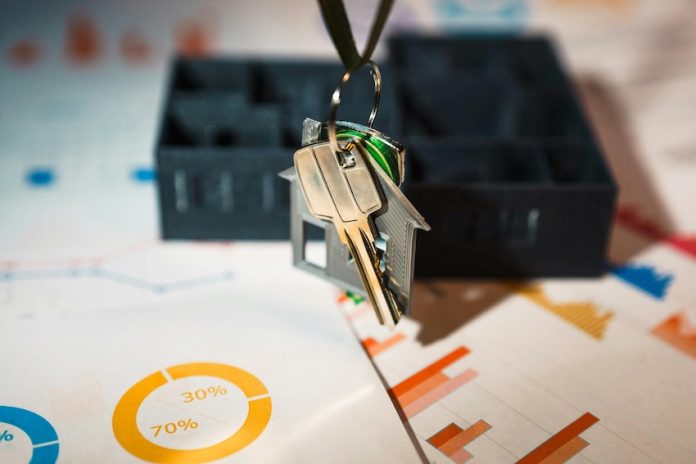When I touched down in Puerto Vallarta earlier this year as an official temporary resident of Mexico, it was a dream that was 10 years in the making. I had gone through the hoops to prove my financial solvency, getting approved in the U.S. and, ultimately, getting approved in Mexico for my temporary residency card and CURP number. I thought I was set.
The hard part was over, right? Turns out, becoming a temporary resident is just the prologue to the real story of settling into expat life in Mexico. What follows is a tale of paperwork, patience, and more hoops than I could have imagined.
Let me save you some suspense: getting a temporary residency is the easy part. It feels monumental at the time — and don’t get me wrong, it’s worth celebrating. But once you’ve navigated that process, the true adventures begin. Here’s everything I wish someone had told me about relocating to Mexico.
The car conundrum

After years of relying on public transportation and Uber, I decided it was time to buy a car. Armed with my CURP number, how hard could it be? Cue my first major wake-up call. In Mexico, you can’t finance a vehicle for longer than the length of your temporary residency. That means if you have a one-year residency permit (which is typical when you first apply), forget about those shiny new-car commercials promising low monthly payments for 48 months. Your options are: pay in full, buy used, or renew your residency before buying.
The caveat with buying a used car is that warranties aren’t guaranteed. If you’re lucky, the dealership might offer a short one, but that’s if you’re very lucky.
You’ll also need something called an RFC, which is a tax identification number now required in Mexico for anyone who wants to buy or sell property, including cars. You do not need an RFC if you plan to buy a motorcycle.
You could opt to bring your own car with you across the border, but if you plan to do that it’s a whole different set of rules that can include import taxes, taking the car back across the border every six months if you plan to keep your home country plates, or plating it with Mexican plates.
Plating the beast

Once you’ve secured your ride, it’s time to get it plated. This involves registering the vehicle in your name and obtaining Mexican license plates, which, spoiler alert, requires even more paperwork than buying the car. To get your plates you’ll need:
- The car’s paperwork (think title, bill of sale, and proof it isn’t stolen — yes, that’s a thing).
- Your temporary residency card — no skipping this step.
- Your passport, because of course.
- Proof of address, usually a utility bill.
Seems straightforward, right? Not so fast.
The utility bill dance

In Mexico, a utility bill is like a golden ticket. It’s proof that you live where you say you live. But there’s a catch, while not everywhere will ask for it to be in your name, if has to be, then it’s a convoluted process (of course) to change it.
To switch an existing utility bill into your name you’ll need:
- A copy of your lease
- Your landlord’s official ID
- The property’s deed
- Proof that the property taxes have been paid
- Signatures and identification from two witnesses
Still with me? Good. Because you’ll also need patience and a sense of humor. Pro tip: Try to bring all the paperwork they could possibly ask for in case the rules vary slightly, which they often do depending on the office, day, or mood of the clerk.
If you can’t switch the utility bill into your name, there’s a workaround: open a Mexican bank account. An official bank statement with your address can serve as proof but don’t expect to have this in hand immediately. Most banks require you to wait until the first week of the month before issuing your first statement.
Timing is everything (except predictable)
Here’s the thing about getting stuff done in Mexico: everything takes longer than you think it will. I mean everything. You might breeze through one step of the process only to hit a wall on the next. Offices close early, systems go down, or someone forgot to mention the extra photocopy you need. The sooner you accept this as part of the experience, the smoother yours will be.
In the end, though, everything does get done eventually. One day you’ll look at your perfectly plated car, your utility bill in your name, and your official bank statement and wonder why you ever stressed about it.
Moving to Mexico is an adventure in every sense of the world. It’s not just about learning a new language or culture; it’s about learning to live life on Mexico’s timeline. The good news? With patience, humor, and a willingness to embrace the chaos, you’ll not only survive but thrive.
And when you finally settle into your new life, you’ll realize it was all worth it. Welcome to Mexico. You’ve got this.
Meagan Drillinger is a New York native who has spent the past 15 years traveling around and writing about Mexico. While she’s on the road for assignments most of the time, Puerto Vallarta is her home base. Follow her travels on Instagram at @drillinjourneys or through her blog at drillinjourneys.com
